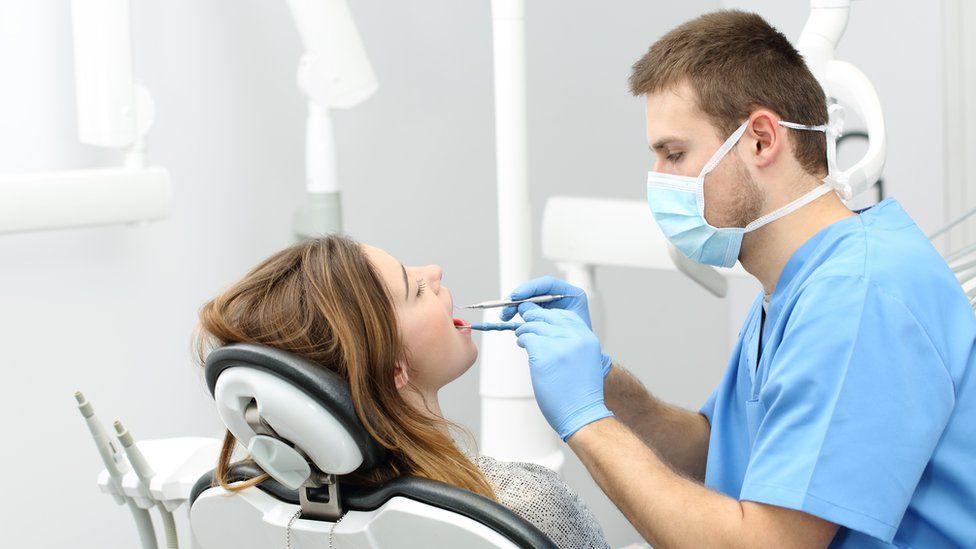My Jaw Hurts - What now?
We treat Jaw Pain!
Jaw pain? Trouble opening your mouth? Headaches?
If you have experienced them, you would know that severe temporo-mandibular joint (TMJ) dysfunction can be incredibly disabling.
Jaw pain can have a major impact on your daily life. Talking and eating can become hard - things that many of us take great pleasure in.
Many people don’t realise that TMJ dysfunction is a significant source of pain in the neck/head region – and that these conditions are highly treatable. Research suggests that around 20% of people may suffer from TMJ dysfunction, with a slightly higher prevalence in women.
Do you suffer from any of these common symptoms of TMJ dysfunction?
- Localised jaw pain or tenderness
- Clicking, popping or grating sensations of the jaw
- Headaches
- Teeth grinding
- Tinnitus (ringing) or blocked ear sensations
- Pain with chewing
- Inability to fully open the mouth
- Locking of the jaw
- Blocked sinus, tooth pain, neck stiffness, face numbness, twitching eyes/cheek?
The temporomandibular joint – or TMJ
The temporomandibular joint or TMJ is the joint where your jaw bone (mandible) connects to your skull bones (temporal bones). It is a complex joint with lots of small and importantly very strong muscles that attach around the jaw to control its movement. Your larger neck/shoulder muscles also have a role to play. It is a complex joint that enables us to eat, chew and speak. However, if the TMJ is not working well, you can experience a wide range of symptoms.

Image: Anatomy of the TMJ along with just a few of the many muscles that may contribute to your TMJ dysfunction. There is also a small fibrocartilaginous disc that assists (or hinders) movement of the TMJ.
TMJ pain/dysfunction can be caused by:
- Trauma to the teeth or jaw (i.e from a direct blow while playing sports)
- Teeth grinding
- Abnormal bite
- Stress or anxiety
- Poor cervical and thoracic spine posture/strength as this can cause added strain on the neck and jaw muscles
- Arthritis or other inflammatory musculoskeletal disorders
- Excessive gum chewing
So your Jaw is sore – what do you do now?
TMJ pain is often a result of a combination of contributing causes. It can be hard to know exact what approach to take with treatment or WHO the best clinician is to see as there are a number of health professionals who are able to help with your TMJ pain/dysfunction. The most commonly seen professionals are:
Dentist

Your dentist is often the first professional we think of seeing when our jaw hurts! They routinely will assist your condition by reviewing your bite, teeth alignment and may even prescribe a splint to assist with your TMJ movement – particularly closing. This type of treatment approach may be used temporarily for a period of weeks to months or recommended as a more long term solution. Referral to an orthodontist may also happen to see if longer-term teeth alignment solutions will assist with your jaw pain and dysfunction.
Manual Therapists - Physio/Osteo – we can help!
Some of our practitioners have undergone extra training to assist with TMJ pain and function. After a thorough assessment of your TMJ movement, neck and back postures/movement and discussion of your presenting symptoms, a range of techniques may be used including:
- Relieving pain and discomfort
- Minimising stiffness in the temporomandibular joint through manual therapy techniques
- Reducing tension in the muscles that open and close your jaw
- Restoring normal function and alignment of the jaw
- Reducing cervical (neck) and thoracic (mid-back) stiffness and addressing any postural influences on your pain here
- Providing exercises and management strategies to minimise
- Education on activities to limit, foods to avoid, stress management advice
- Self-management strategies to improve mobility, alignment and ideally normal functioning of the TMJ
If you have jaw pain or experience any of the symptoms above make an appointment to see our expert TMJ practitioners who will assess and guide you in your recovery to a happier jaw. Call (03) 9481 7792 or book online here.

